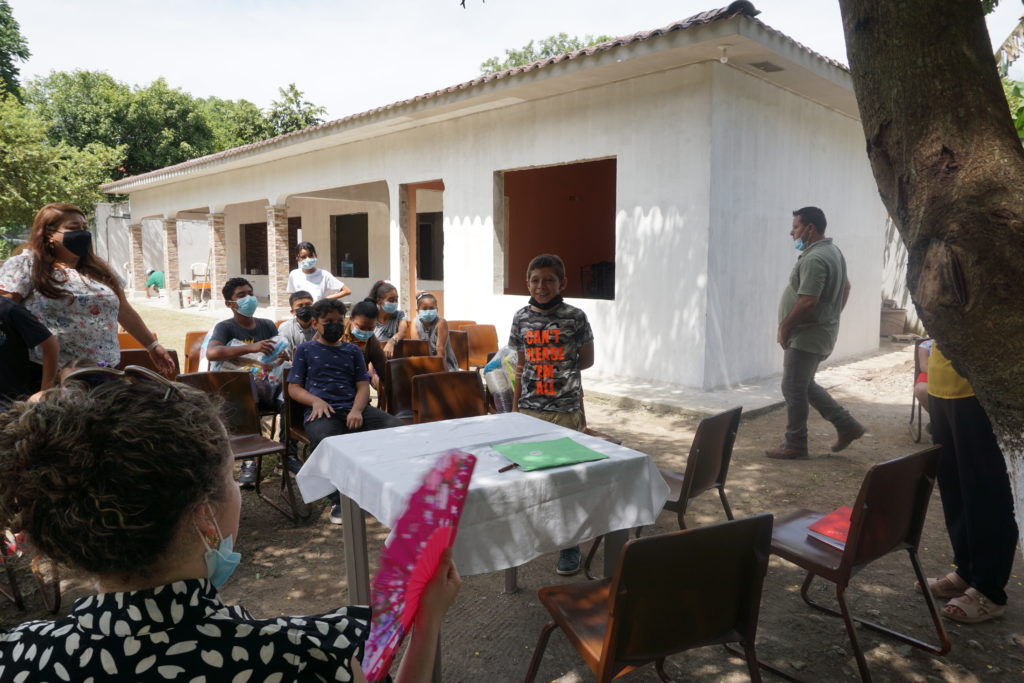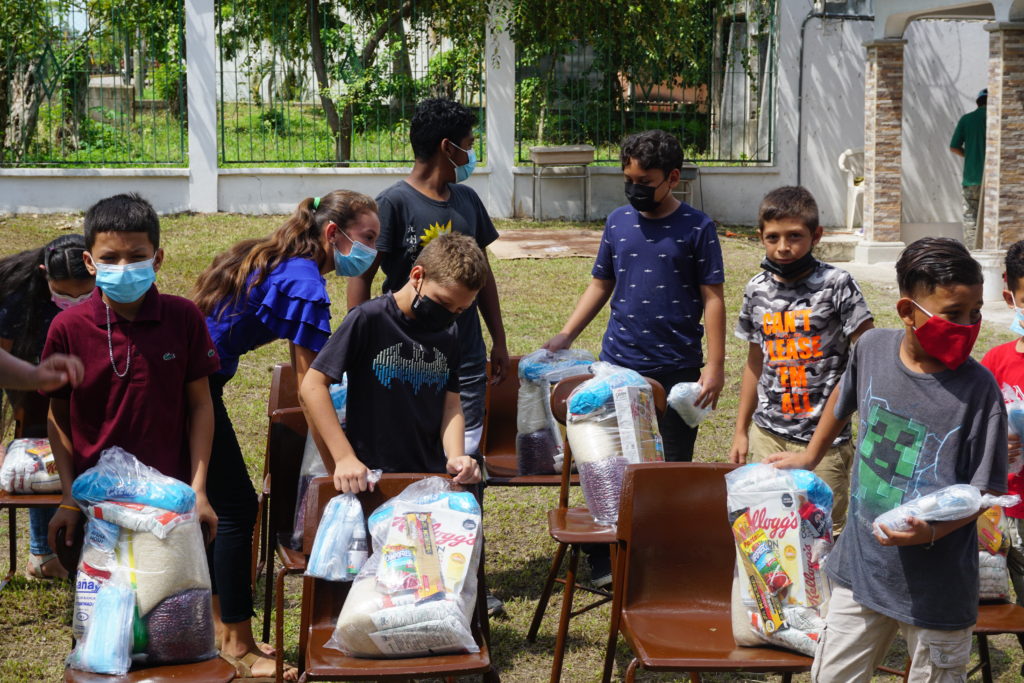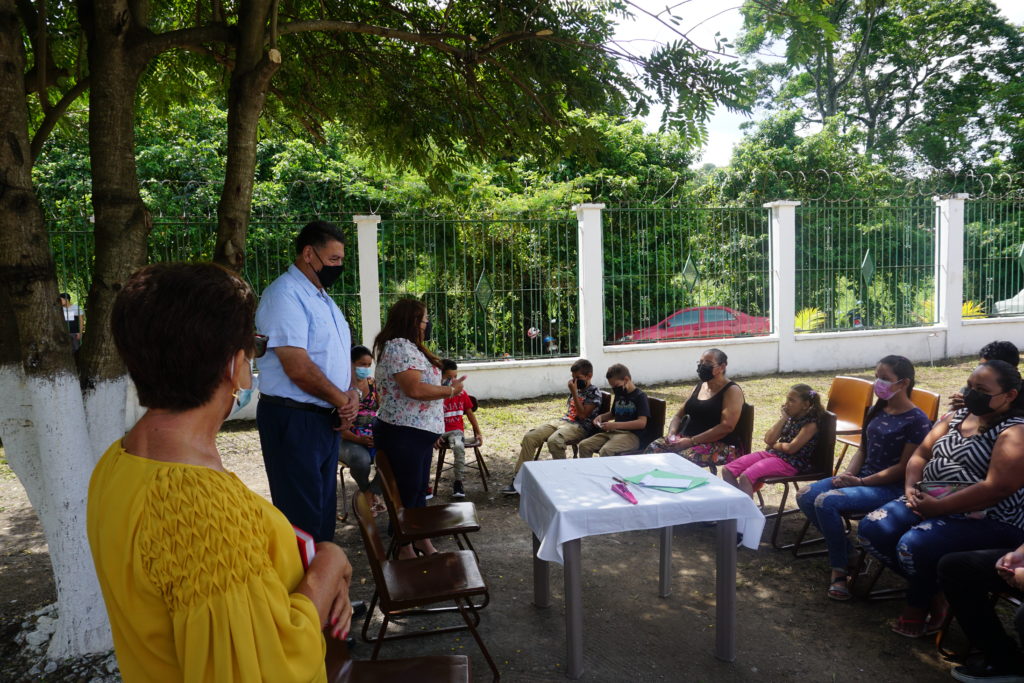facts about the El Refugio Welfare Center:
- Ages Served: 2 months – 9 years
- Education: School-aged children attend local public schools. The center provides preschool services, tutoring and homework assistance.
- Academic Year: Typically begins in February and ends in November. Students enjoy summer break from early December through early February.
- Nutrition: Children receive nutritious meals each day. Parents also visit the center to collect food items to take home for the sponsored children.
- Medical Care: The center facilitates free medical services for children from local doctors and clinics.
- Parental Support: In addition to providing care for children during the day, the center also welcomes parental involvement. It provides educational programs for parents on topics such as childcare, hygiene, health and environmental issues.
Nestled in northern Central America, Honduras was once home to several Mesoamerican peoples – most notably the Maya. This ecologically diverse land — with its rainforests, cloud forests, savannas, mountain ranges, and barrier reef system off the northern coast — teems with life. Its wealth of natural resources is equally impressive, including a variety of minable minerals and agricultural exports such as coffee, tropical fruit, sugar cane and lumber. Moreover, its growing textiles industry serves an international market.
The nation’s wealth of natural beauty and resources, however, belies the dire poverty in which its people live. In fact, Honduras holds the unfortunate distinction of being one of the poorest nations in Latin America. This is due, in part, to its longstanding political instability, social strife, and economic issues like fluctuating export prices, rising inflation and unemployment. Other contributing factors include frequent natural disasters such as hurricanes, mild earthquakes and flooding, widespread poverty and disease, and inadequate education, which results in a high illiteracy rate.
The rural town of El Progreso has been severely impacted by the nation’s maladies. El Refugio Welfare Center was established here in response to the devastation inflicted by Hurricane Mitch in 1998. The hurricane claimed thousands of lives, causing catastrophic flooding and landslides. The damage was so extensive that the Honduran president estimated that the storm set the nation’s economic development back a full fifty years. The progress of rebuilding homes and schools has been very slow, and residents still grapple with the aftershocks of homelessness, disease and heightened poverty. For this reason, El Refugio Welfare Center serves as a beacon of hope, where many of the town’s impoverished and abandoned children come to receive food, clothing and educational assistance.
Facts about honduras:
- Population: 10.28 million (2022)
- Languages Spoken: Spanish (official), Amerindian dialects (Garifuna, Miskito, etc.)
- Poverty Rate: 49% (2022)
- Unemployment Rate: 8.5% with high underemployed (2022)



